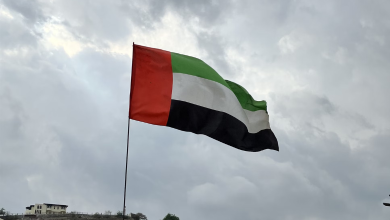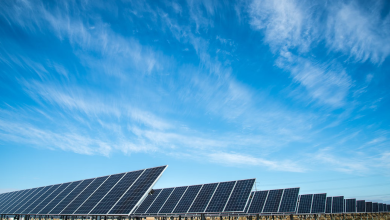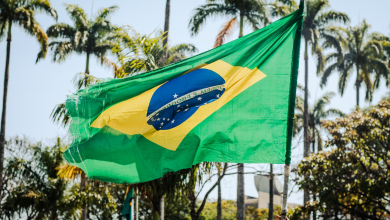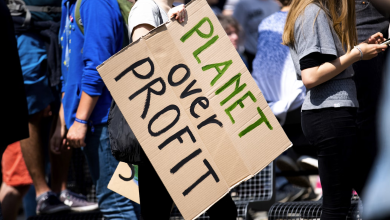Climate change shaping the future of Brazilian cattle sector: the industry must adapt soon or risk major losses
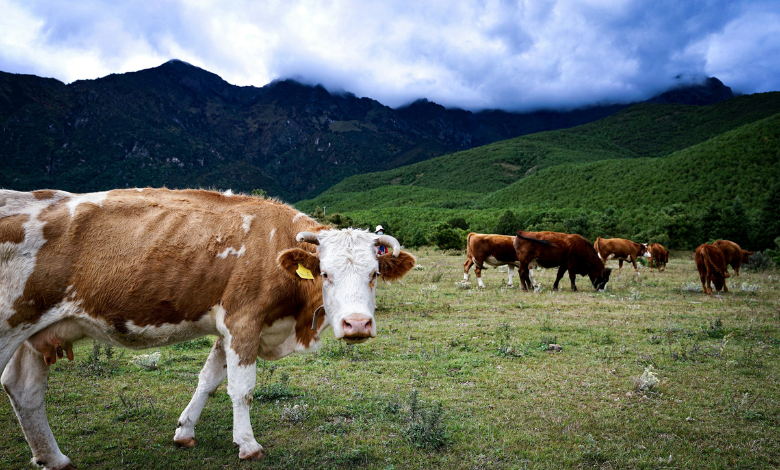
Brazil’s cattle ranching industry is one of the largest across the globe, but it could incur substantial financial losses if it does not adapt to climate change and increasingly strict deforestation policies to protect important biomes, according to a report.
Orbitas, an initiative of Climate Advisers, recently released a report noting that domestic beef production in the country could fall by 25% by 2050 as both governmental and private entities look to bolster climate change and forest conservation strategies.
Brazil has the second-largest number of cattle on the planet – at approximately 232 million – and contributes about one-fifth of global beef exports. The sector has been developing rapidly, but often at the expense of the Amazon rainforest, Cerrado savanna and other vital biomes.
Brazilian cattle industry set to look very different
Cattle pasture and agriculture for cattle feed are some of the most prominent drivers of deforestation in these sensitive biomes – playing the role of carbon sinks to help prevent the climate crisis from exacerbating any further.
Orbitas director Niamh McCarthy said the future of the Brazilian cattle industry is set to look very different from today, noting that the sector needs to quickly and effectively address a series of real climate risks if it is to remain a major contributor to Brazil’s GDP.
The report highlighted that the industry could actually be making things difficult on itself by not developing more sustainable practices. Deforestation from cattle ranching can cause hotter, drier conditions that threaten cattle health and reduce soil quality needed for animal feed.
In addition to addressing climate change impacts, the Brazilian cattle sector also needs to be aware of the rest of the global community’s response, be it in the form of fresh regulations, supply chain monitoring or a changing market for beef.
Climate change to create winners and losers
There is a possibility of global dietary trends abandoning beef as demand increases for alternative proteins linked to lesser greenhouse gas emissions. Simultaneously, governments, financial institutions and meatpackers are imposing rigorous policies to tackle deforestation.
The Orbitas report recommended the need to adopt practices that maintain pastureland and improve soil productivity, besides optimising land use and integrating agricultural, livestock and forestry systems to take care of harmful carbon emissions better.
Climate change is set to create winners and losers in the cattle sector, driven primarily by technological change, reduced land availability, improved management practices and shifting diets, the report said, adding Brazil is in a unique position to seize upon opportunities.
Read More: KlimaSeniorinnen grab victory in landmark climate case at ECHR
